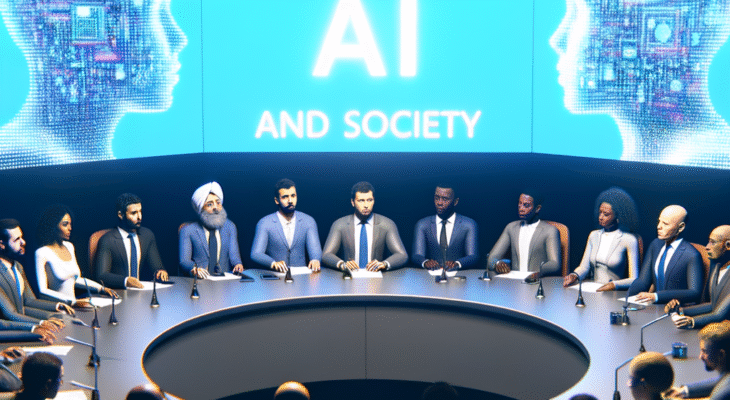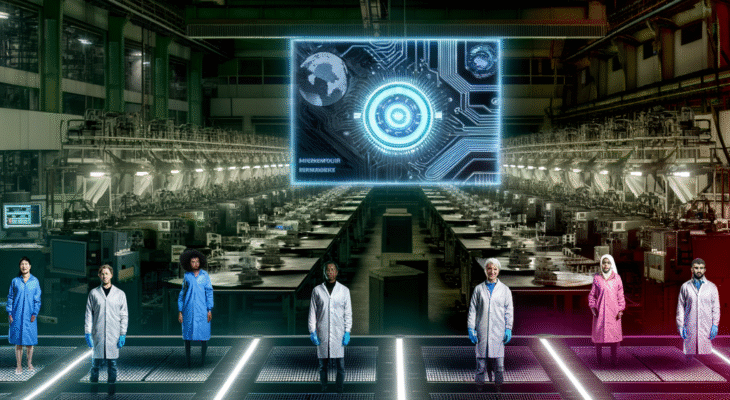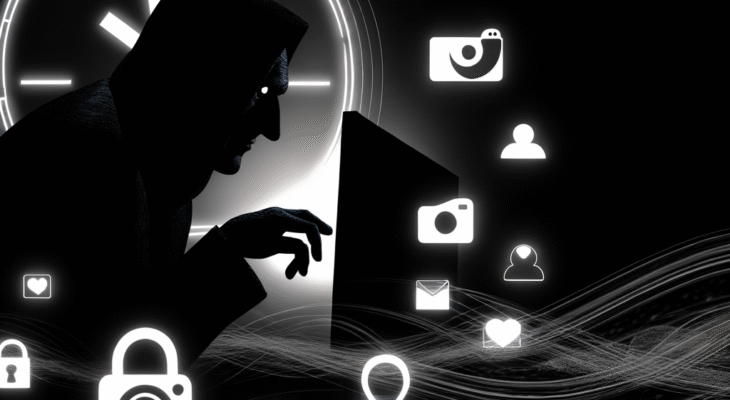Can AI Really Be ‘Woke’? Insights from the Latest Senate Hearings

When AI Meets Politics
Recently, I found myself diving into the fascinating world of AI and politics, thanks to a Reddit post that caught my attention. It covered Senator Ted Cruz’s remarks during a lengthy Senate hearing about artificial intelligence. You might be asking: can **AI really be woke**? Well, Cruz thinks not—and he had a lot to say about it!
The Senator's Standpoint
For over two hours, lawmakers grilled tech experts on AI's growing influence in our lives. Cruz's main point? AI systems don’t have a conscience or an ideology. He argued that they can't be 'woke', which is quite the bold statement!
To him, this is a clear signal that we need to regulate AI but without making it anything more than a tool. Regulations are essential, he asserts, but they should not go so far as to anthropomorphize technology. This brings up an important aspect of our current dialogue about AI: while these systems can mimic human behavior, that doesn’t mean they possess human traits or beliefs.
Why Should We Care?
You might wonder why this is worth talking about. Well, as AI becomes more integrated into our daily lives—from algorithms recommending what we watch on Netflix to chatbots helping us with customer service—understanding the relationships and limitations between **AI** and our values matters. After all, these are the tools we're increasingly relying on.
Regulatory conversations like these are crucial. They guide how we can harness technology for **good**, while ensuring that it's not misused. Cruz believes that we should let regulators do their jobs, not become overly obsessed with portraying technology as human-like beings.
What Does ‘Woke’ Even Mean Here?
Now, the term ‘woke’ might spark different interpretations depending on who you ask. Traditionally, it's been used to signify awareness around social issues, particularly concerning race and inequality. So when Cruz declares that AI can’t be woke, he’s pushing against the idea that tech should embody the values or ideologies that come from human society.
This perspective raises questions about how we design and deploy AI systems in relation to societal norms and values. Should they reflect human concerns about fairness and bias—or are they simply meant to process data without any moral compass?
The Bigger Picture
These discussions remind me of how crucial it is to stay informed about technology. The more we engage in these conversations, the better positioned we are to influence **policies** that shape the future of AI.
If you're curious about the implications of AI on society, Cruz’s stance sheds light on ongoing debates about who gets to decide how these systems are used. It's not just for tech experts; it’s a conversation that involves all of us.
So, as we ponder the notion of AI being 'woke' or not, let's also think about how it interacts with our everyday values and beliefs. This is a conversation that will likely shape our lives in the coming years.
Stay tuned for more insights like this! And don’t forget to check out our other posts.


